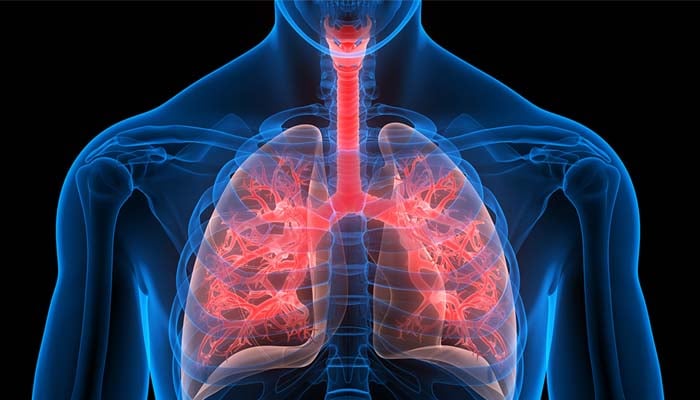
Cystic Fibrosis (CF) is a rare autosomal recessive disease that causes sticky mucus to build up in the lungs, affecting numerous organs of your body.
It leads to respiratory issues, frequent lung infections, and poor nutrient absorption. It is caused by several mutations in the Cystic Fibrosis transmembrane conductance regulator (CFTR) gene that impair chloride transport and lead to thickened secretions.
Types of Cystic Fibrosis
Cystic Fibrosis is classified into two types:
- Classic CF, diagnosed in the early years of life, affects numerous organs.
- Atypical CF, milder and may appear later in life, typically affects only one organ.
Symptoms of Cystic Fibrosis
An individual suffering from cystic fibrosis may experience a range of symptoms, including frequent lung and sinus infections, wheezing, poor growth, inability to gain weight, and more.
If left untreated, the disease may lead to severe complications such as malnutrition, infertility in males (CBAVD), diabetes, malnutrition, and particularly pregnancy-related risks.
Diagnosis
Cystic Fibrosis can be diagnosed through the following methods:
- Newborn screening (IRT test)
- Sweat chloride test (gold standard)
- Genetic testing, imaging, and lung function tests
Advanced diagnostics techniques such as nasal potential difference (NPD) or intestinal current measurement (ICM)
Treatment
It can be efficiently managed in the following ways:
- Airway clearance via several breathing techniques, chest vests, and positive expiratory pressure (PEP) devices.
- Medications, including CFTR modulators and antibiotics
- Nutrient-rich diet and consumption of enzyme supplements
- Surgery, if required in severe cases








